Home>diy>Building & Construction>What Does A Construction Foreman Do
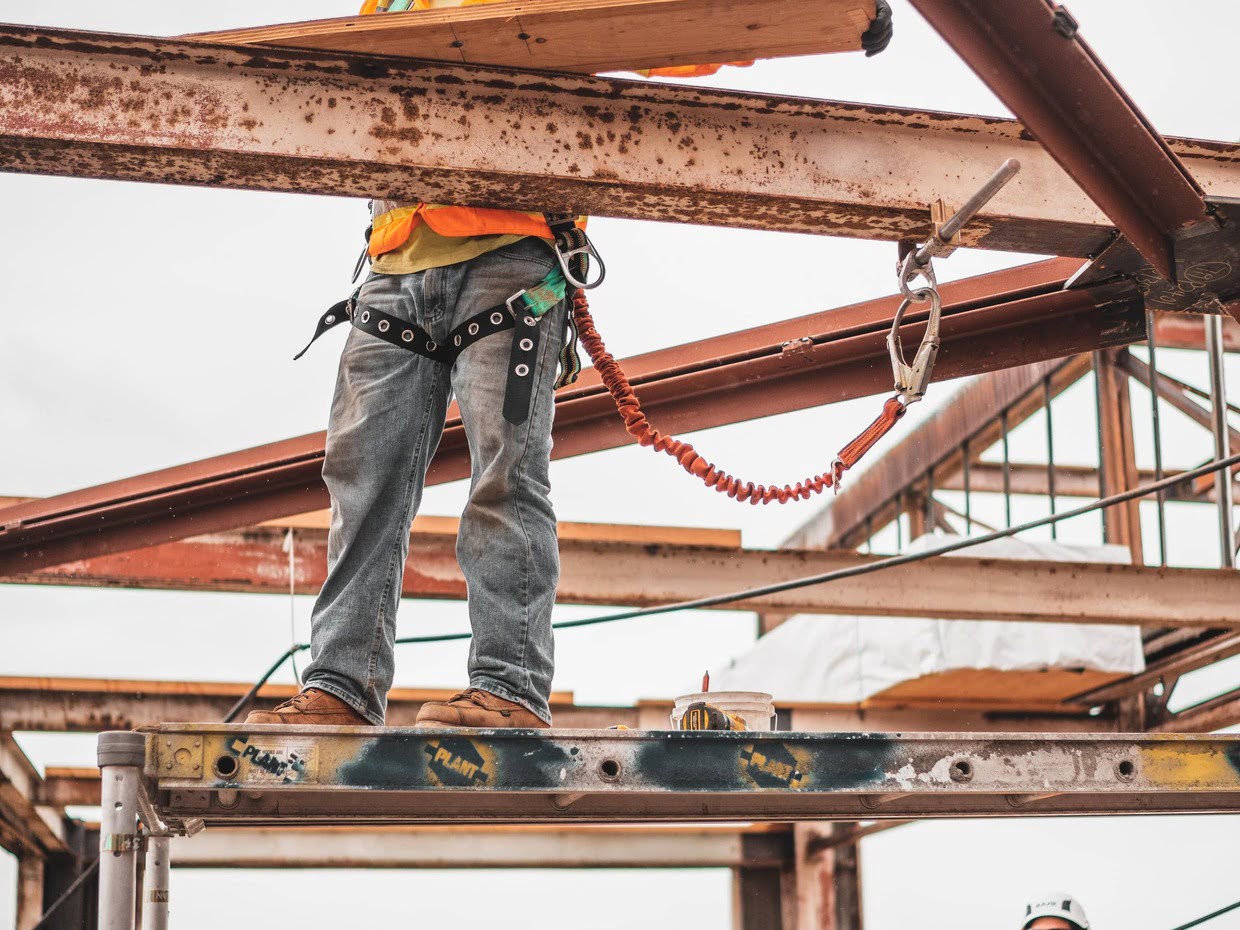

Building & Construction
What Does A Construction Foreman Do
Modified: December 7, 2023
Discover the responsibilities of a construction foreman in the building construction industry. Find out what skills and qualifications are required for this crucial role.
(Many of the links in this article redirect to a specific reviewed product. Your purchase of these products through affiliate links helps to generate commission for Storables.com, at no extra cost. Learn more)
Introduction
A construction foreman plays a crucial role in the successful execution of construction projects. Serving as the backbone of the construction team, the foreman oversees and manages all aspects of the construction operations to ensure that projects are completed safely, efficiently, and according to plan. With their extensive knowledge, experience, and leadership skills, construction foremen provide guidance and direction to the crew, making them an integral part of any construction project.
In this article, we will delve into the responsibilities, skills, and qualifications required to be an effective construction foreman. We will explore the crucial role of a construction foreman in coordinating projects, ensuring compliance with safety standards, supervising operations, communication and collaboration, problem-solving and decision-making, and maintaining strong relationships with construction workers.
Whether you are considering a career as a construction foreman or simply want to gain a deeper understanding of their role, this article will give you valuable insights into the world of construction management.
Now, let’s dive into the responsibilities of a construction foreman and understand what it takes to excel in this role.
Key Takeaways:
- Construction foremen are essential for successful construction projects, overseeing operations, ensuring safety compliance, and fostering positive relationships with workers. Their diverse skill set and leadership contribute to project success.
- Effective communication, problem-solving, and decision-making are crucial for construction foremen. They coordinate projects, prioritize safety, and supervise operations, fostering a productive and collaborative work environment.
Read more: How Much Do Construction Foreman Make
Responsibilities of a Construction Foreman
A construction foreman is responsible for overseeing and managing all aspects of the construction site. Their primary role is to ensure that the project is carried out smoothly, efficiently, and on schedule. Let’s take a closer look at the key responsibilities of a construction foreman:
- Project Planning and Scheduling: The construction foreman works closely with project managers and engineers to develop a detailed construction plan and schedule. They coordinate with various stakeholders to determine the required resources, materials, and equipment for the project and ensure that everything is in place to commence construction.
- Supervision and Leadership: The foreman leads the construction team and provides clear instructions and guidance to workers, subcontractors, and vendors. They supervise the day-to-day activities on the construction site, ensuring that work is carried out according to specifications, quality standards, and timelines. Additionally, they delegate tasks, monitor progress, and provide feedback to the team.
- Quality Control: Construction foremen are responsible for maintaining high-quality standards throughout the construction process. They conduct regular inspections and ensure that work is done according to industry codes, regulations, and project requirements. They address any issues or discrepancies promptly to prevent delays and ensure the quality of the final product.
- Resource Management: Foremen are responsible for managing and optimizing the use of resources on the construction site. This includes managing labor, equipment, and materials efficiently to minimize waste and maximize productivity. They coordinate deliveries, track inventory, and ensure that all necessary resources are available to support the construction activities.
- Safety Compliance: The safety of the construction site is a top priority for a foreman. They enforce and monitor adherence to all safety regulations, procedures, and protocols to minimize accidents and injuries. They conduct safety briefings, provide training to the team, and promptly address any safety concerns or violations that arise.
- Communication and Documentation: Construction foremen are responsible for facilitating effective communication between all stakeholders involved in the project. They relay information, instructions, and updates to the team, clients, suppliers, and other parties. They also maintain detailed documentation, including progress reports, work logs, and incident reports, to ensure accurate record-keeping.
- Problem-solving and Decision-making: Construction sites often encounter unforeseen challenges and obstacles. Foremen need to be adept at problem-solving and decision-making to overcome these obstacles efficiently. They analyze situations, evaluate options, and make informed decisions to prevent delays and maintain project momentum.
- Team Development and Mentoring: Foremen play a vital role in developing and nurturing the skills of their team members. They provide guidance and training to help workers improve their skills and performance. They also foster a positive work environment, encourage teamwork, and address any conflicts or issues that arise among the team.
By fulfilling these responsibilities, construction foremen contribute significantly to the success of construction projects, ensuring that they are completed on time, within budget, and to the satisfaction of all stakeholders involved.
Now that we have explored the responsibilities of a construction foreman, let’s move on to the skills and qualifications required for this role.
Skills and Qualifications Required
Being a construction foreman requires a unique combination of technical knowledge, leadership skills, and practical experience. Let’s take a look at the essential skills and qualifications required to succeed in this role:
- Construction Expertise: A construction foreman should have a deep understanding of construction techniques, building codes, and industry standards. They should be knowledgeable about various construction trades and be able to read and interpret blueprints, plans, and specifications.
- Leadership and Management: A successful construction foreman possesses strong leadership and management abilities. They should be able to effectively communicate instructions, motivate a team, and delegate tasks. They must be skilled in resolving conflicts, managing time, and prioritizing work to ensure the smooth execution of the project.
- Organizational and Planning Skills: Foremen need exceptional organizational and planning skills. They should be able to create comprehensive work schedules, manage resources effectively, and coordinate multiple tasks simultaneously. Attention to detail and the ability to anticipate and mitigate potential issues are crucial for successful project execution.
- Problem-solving and Decision-making: Construction sites often present unexpected challenges, requiring foremen to think quickly and make sound decisions. Foremen should possess strong problem-solving skills and be able to analyze situations, evaluate options, and implement effective solutions to keep the project on track.
- Communication and Interpersonal Skills: Effective communication is essential for a construction foreman. They must be able to communicate clearly and concisely with team members, clients, suppliers, and other stakeholders. Strong interpersonal skills help foster a positive work environment, facilitate collaboration, and resolve conflicts as they arise.
- Technical Aptitude: Foremen should be proficient in using construction tools, equipment, and technology. They should have a good understanding of construction software, project management tools, and other industry-specific technology. This technical aptitude helps them streamline operations, enhance productivity, and ensure efficient use of resources.
- Safety Consciousness: Safety is a top priority in construction. Foremen should have a thorough understanding of safety regulations, protocols, and best practices. They should promote and enforce safety standards, conduct regular inspections, and prioritize the well-being of the team, ensuring that the work environment is free from hazards.
- Experience in Construction: While formal education in construction management can be beneficial, practical experience in the construction industry is highly valued. Many construction foremen gain experience by working their way up through various roles, acquiring hands-on knowledge of construction processes, techniques, and challenges.
Having these key skills and qualifications sets the foundation for a successful career as a construction foreman. It allows individuals to effectively lead and manage construction projects, ensuring their timely completion and adherence to quality standards.
Now that we have covered the necessary skills and qualifications, let’s explore the critical role of a construction foreman in project coordination.
Role in Project Coordination
A construction foreman plays a crucial role in project coordination, acting as a central point of contact for all stakeholders involved. Let’s explore the key aspects of a construction foreman’s role in project coordination:
Planning and Scheduling: The foreman works closely with project managers and engineers to create a detailed project plan and schedule. They coordinate with subcontractors, suppliers, and workers to ensure that all activities are properly scheduled and aligned. They consider factors such as resource availability, weather conditions, and dependencies to create a realistic and achievable work timeline.
Resource Allocation: Foremen are responsible for allocating and managing resources effectively. They ensure that the right number of workers, equipment, and materials are available at the right time. By carefully planning resource allocation, foremen minimize downtime and maximize productivity, contributing to the overall success of the project.
Coordination with Subcontractors: Many construction projects involve multiple subcontractors working on different aspects of the project. The foreman acts as a liaison between general contractors and subcontractors, ensuring effective coordination and collaboration. They ensure that subcontractors understand the project requirements and timelines and coordinate their activities to ensure smooth workflow and avoid conflicts or delays.
Vendor Management: Construction projects require the acquisition of various materials, equipment, and services from vendors. Foremen are responsible for managing relationships with vendors, coordinating deliveries, and ensuring that materials are of the required quality and quantity. They maintain an efficient supply chain to minimize delays and keep the project on schedule.
Progress Monitoring and Reporting: The foreman monitors the progress of construction activities on a regular basis. They conduct site inspections, review work completed, and track against the project schedule. Regular reporting to project managers and stakeholders is essential to provide visibility and accountability. Foremen provide timely updates on project milestones, any deviations from the plan, and necessary adjustments needed to keep the project on track.
Issue Resolution: Construction projects inevitably face unexpected challenges and issues. Foremen have the critical responsibility of identifying and resolving these issues promptly to avoid delays and disruptions. They analyze the situation, consult with the project team, and implement effective solutions to minimize the impact on the project’s progress.
Adherence to Regulations: A construction project must comply with various regulations and codes. Foremen ensure that all work is carried out in accordance with these regulations, including safety standards, building codes, and environmental guidelines. They keep up-to-date with any changes in regulations and ensure that the project remains in compliance throughout its duration.
Client Communication: Construction foremen act as a point of contact for clients, providing regular updates on project progress, addressing any concerns or questions they may have, and ensuring client satisfaction. Effective communication with clients builds trust and transparency, fostering a positive working relationship.
The role of a construction foreman in project coordination is vital for the successful completion of construction projects. Their leadership, organization, and communication skills, coupled with their ability to coordinate resources and manage timelines, ensure the smooth execution of projects from start to finish.
Now, let’s move on to another crucial aspect of a construction foreman’s role: ensuring compliance with safety standards.
Ensuring Compliance with Safety Standards
One of the paramount responsibilities of a construction foreman is to prioritize and enforce safety standards on the construction site. Construction sites can be hazardous, and the foreman plays a vital role in ensuring the well-being of the workers and maintaining a safe working environment. Let’s explore how construction foremen ensure compliance with safety standards:
Knowledge of Safety Regulations: Construction foremen must have a thorough understanding of relevant safety regulations, guidelines, and industry best practices. They stay up-to-date with local, state, and federal safety requirements and ensure that all workers on the site are aware of and adhere to these regulations.
Safety Training and Education: Foremen are responsible for providing safety training and education to all workers on the construction site. They conduct regular safety meetings and briefings, ensuring that workers are aware of potential hazards, safety protocols, and the proper use of personal protective equipment (PPE).
Hazard Identification and Risk Assessment: Foremen perform regular inspections of the construction site to identify potential hazards and risks. They conduct risk assessments to evaluate the severity of the hazards and determine appropriate control measures. They take proactive measures to mitigate risks and prevent accidents.
Enforcement of Safety Standards: A construction foreman must lead by example when it comes to safety. They enforce safety protocols and standards rigorously, ensuring that workers follow safe work practices, use protective equipment, and comply with safety regulations. They address any safety violations promptly and implement corrective actions to prevent recurrence.
Safe Work Procedures: Foremen develop and implement safe work procedures and protocols specific to the project and site conditions. They establish guidelines for working at heights, handling hazardous materials, operating machinery, and other high-risk activities. These procedures promote a culture of safety and guide workers in performing their tasks safely.
Emergency Preparedness: Construction sites are prone to accidents and emergencies, and foremen must be prepared to respond swiftly and effectively. They develop emergency response plans and conduct drills to ensure that workers are prepared for various scenarios. They communicate evacuation plans, assembly points, and emergency contact information to all workers.
Regular Safety Inspections: Foremen conduct routine inspections of the construction site to identify potential safety hazards or non-compliance. They inspect equipment, scaffolding, electrical installations, and other critical areas of the site. They document and report any safety issues and take immediate action to rectify them.
Collaboration with Safety Professionals: Construction foremen often collaborate with safety professionals, such as safety engineers or consultants, to enhance safety practices on the site. They seek their expertise in identifying and mitigating risks and implement their recommendations to ensure a safer working environment.
By implementing strict safety measures and fostering a culture of safety, construction foremen protect the well-being of the workers and minimize the risk of accidents and injuries on the construction site. Their commitment to safety ensures that everyone goes home safely and contributes to the overall success of the construction project.
Now, let’s explore the supervision and management roles of a construction foreman.
A construction foreman is responsible for overseeing the daily operations of a construction site, including managing workers, coordinating schedules, and ensuring safety and quality standards are met. Good communication and leadership skills are essential for success in this role.
Read more: Who Is A Foreman In Construction
Supervising and Managing Construction Operations
As a construction foreman, one of the key responsibilities is to supervise and manage construction operations on the site. This involves overseeing the day-to-day activities, coordinating tasks, and ensuring the smooth progress of the project. Let’s delve into the various aspects of a construction foreman’s role in supervising and managing construction operations:
Team Management: A construction foreman is responsible for leading and managing the construction team. They assign tasks, delegate responsibilities, and ensure that each team member understands their role. They provide guidance and support to achieve efficient and high-quality work.
Workforce Coordination: Foremen are responsible for coordinating the workforce on the site. This involves effectively managing labor resources, ensuring the right number of workers are assigned to each task, and optimizing productivity. They monitor work progress, address any bottlenecks or delays, and allocate resources accordingly.
Task Planning and Execution: Construction foremen plan and schedule tasks to ensure efficient workflow. They break down the project into manageable phases, set realistic deadlines, and allocate resources accordingly. They coordinate with subcontractors, suppliers, and workers to ensure the timely completion of tasks as per the project plan.
Quality Control: Foremen are responsible for maintaining high-quality standards throughout the construction process. They ensure that work meets the required specifications and industry standards. They conduct regular inspections, review workmanship, and address any deviations or deficiencies in a timely manner.
Equipment and Material Management: Construction projects require various equipment and materials. Foremen manage the procurement, delivery, and utilization of these resources. They ensure that equipment is properly maintained, operated safely, and used efficiently. They coordinate with suppliers to ensure the timely delivery of materials to avoid any delays.
Progress Monitoring: Construction foremen monitor the progress of the project closely. They assess the completion of tasks, track against the project schedule, and identify any deviations or potential issues. They analyze the progress reports, identify trends, and take appropriate action to address any discrepancies to keep the project on track.
Problem-solving: Construction sites often encounter unexpected challenges and obstacles. Foremen need to be adept at problem-solving, quickly identifying issues and finding effective solutions. They collaborate with team members to brainstorm ideas, make informed decisions, and implement strategies to overcome obstacles and minimize disruptions.
Cost Management: Foremen are responsible for ensuring that construction operations remain within budget constraints. They monitor resource utilization, track expenses, and identify cost-saving opportunities without compromising quality and safety standards. They collaborate with project managers to control costs effectively throughout the project lifecycle.
Documentation: Construction projects involve extensive documentation. Foremen maintain accurate records of daily activities, work progress, and any incidents or issues that occur on the site. They prepare reports, maintain logbooks, and document any changes or modifications made during the construction process.
Collaboration with Project Managers: Construction foremen work closely with project managers to ensure effective project execution. They provide regular updates on task completion, resource utilization, and any challenges or risks that may impact the project. They collaborate to make informed decisions, adjust plans when necessary, and keep all stakeholders aligned with the project goals.
By supervising and managing construction operations effectively, construction foremen ensure that work progresses efficiently, tasks are completed on time, and the project stays on track. Their strong leadership, coordination, and problem-solving skills contribute to the overall success of the construction project.
Now, let’s explore another critical aspect of a construction foreman’s role: communication and collaboration.
Communication and Collaboration
Effective communication and collaboration are essential for the smooth operation of any construction project, and a construction foreman plays a crucial role in facilitating this process. Let’s explore how construction foremen ensure clear communication and foster collaboration among all stakeholders involved:
Clear Instructions: Foremen provide clear and concise instructions to the construction team regarding tasks, targets, and expectations. They communicate the project objectives and ensure that everyone understands their roles and responsibilities. Clear instructions minimize confusion and enable the team to work efficiently and collaboratively.
Team Meetings: Regular team meetings help foster open communication and collaboration. Foremen conduct meetings to discuss project updates, address concerns, and gather feedback from the team members. These meetings provide a platform for problem-solving, exchanging ideas, and developing strategies to overcome challenges.
Stakeholder Communication: Construction foremen act as a primary point of contact for communicating with project managers, clients, subcontractors, and vendors. They relay important information such as project progress, change requests, and schedule updates to all stakeholders. They ensure that lines of communication are open and that everyone is informed and aligned throughout the project.
Collaboration with Project Managers: Foremen work hand-in-hand with project managers to achieve project goals. They collaborate on project planning, resource allocation, and schedule management. They provide regular updates to project managers and align their decisions and actions with the overall project objectives.
Conflict Resolution: Construction sites may encounter conflicts or disagreements between team members or with subcontractors. Foremen intervene to resolve conflicts promptly and effectively. They act as mediators, ensuring that differences are addressed professionally and in a manner that promotes teamwork and collaboration.
Risk and Safety Communication: Foremen communicate potential risks and safety hazards to the team members. They conduct safety briefings and toolbox talks to ensure that everyone is aware of safety protocols and understands their responsibility in maintaining a safe work environment. They also encourage open communication about any safety concerns or incidents that may arise.
Listening and Feedback: Foremen actively listen to the concerns, ideas, and suggestions of the construction team. They encourage feedback and create an environment where team members feel comfortable expressing their opinions. They consider this feedback during decision-making processes and take necessary actions to address concerns and improve operations.
Subcontractor Coordination: Construction projects often involve subcontractors who specialize in specific trades. Foremen communicate and collaborate with subcontractors to ensure smooth coordination of activities. They share project updates, timelines, and expectations, ensuring that subcontractors are aligned with the overall project plan.
Technology Utilization: Foremen leverage technology tools such as project management software, collaboration platforms, and digital communication channels to enhance communication and collaboration. They streamline processes, facilitate real-time information sharing, and ensure that all stakeholders have access to relevant project data and updates.
By emphasizing clear communication and fostering collaboration among all stakeholders, construction foremen promote a positive and productive working environment. They facilitate effective teamwork, minimize misunderstandings, and ensure that all parties involved are working towards the successful completion of the construction project.
Now, let’s explore another crucial aspect of a construction foreman’s role: problem-solving and decision-making.
Problem-solving and Decision-making
Problem-solving and decision-making are integral skills required for a construction foreman to navigate the challenges and complexities of construction projects. Foremen must be adept at analyzing situations, identifying problems, and implementing effective solutions. Let’s delve into how construction foremen approach problem-solving and decision-making:
Analyzing Issues: When confronted with a problem, foremen carefully analyze the situation to understand the root cause and its potential impact on the project. They gather relevant information, consult with the project team, and assess the available options and alternatives.
Identifying Solutions: Foremen think creatively and innovatively to generate potential solutions. They brainstorm ideas, leveraging their experience and expertise in construction. They consider the feasibility, cost, and impact of each solution to determine the most appropriate course of action.
Evaluating Risks and Benefits: Before making decisions, foremen evaluate the risks and benefits associated with each solution. They weigh the potential positive outcomes against the potential negative consequences. They consider factors such as safety, quality, schedule, and budget to make informed decisions.
Collaboration and Input: Foremen value the input and expertise of their team members. They encourage collaboration and involve relevant stakeholders in problem-solving and decision-making processes. They seek diverse perspectives and consider different viewpoints to arrive at well-rounded solutions.
Considering Project Constraints: Construction projects often have constraints, such as budget limitations, time pressures, and resource availability. Foremen consider these constraints when making decisions and finding solutions. They balance the project objectives with the practical realities to ensure that decisions are feasible and aligned with project constraints.
Implementing Solutions: Once a decision is made, foremen take proactive steps to implement the chosen solution. They communicate the decision to the team, provide clear instructions, and oversee the execution. They monitor the progress and evaluate the effectiveness of the implemented solution, making necessary adjustments if required.
Monitoring Outcomes: Foremen continuously monitor the outcomes of their decisions and solutions. They assess the effectiveness and impact of their actions on the project and make necessary adjustments if required. They track key performance indicators, evaluate the results, and learn from the experience to improve future decision-making processes.
Adapting to Change: Construction projects are dynamic, and unforeseen changes can occur. Foremen must be flexible and adaptable in their problem-solving and decision-making approaches. They are quick to identify the need for adjustments due to changed circumstances and proactively respond to maintain project progress.
Learning from Experience: Foremen view every problem-solving and decision-making opportunity as a learning experience. They reflect on their past experiences, share lessons learned with the team, and continually seek to improve their problem-solving skills. They strive to avoid repeating mistakes and continuously enhance their decision-making abilities.
A construction foreman’s ability to effectively solve problems and make informed decisions is critical for maintaining project productivity, overcoming challenges, and ensuring the successful completion of construction projects. Their problem-solving and decision-making skills contribute to the overall efficiency and quality of the construction operations.
Now that we have explored problem-solving and decision-making, let’s move on to discussing the importance of fostering positive relationships with construction workers.
Relationship with Construction Workers
Building a positive and collaborative relationship with construction workers is of utmost importance for a construction foreman. A strong relationship fosters trust, cooperation, and productivity on the construction site. Let’s explore how construction foremen cultivate positive relationships with their workers:
Respect and Appreciation: Foremen treat construction workers with respect and show appreciation for their hard work and dedication. They recognize the contributions of each team member and acknowledge their skills and expertise. This fosters a positive work culture where workers feel valued and motivated.
Open Communication: Foremen maintain open lines of communication with construction workers. They provide clear instructions, listen to concerns or suggestions, and encourage two-way communication. They value the insights and feedback from workers, fostering an environment where everyone’s voice is heard.
Empathy and Understanding: Foremen understand the challenges and pressures that construction workers face. They empathize with their difficulties and show understanding. They consider workers’ well-being, physical and mental health, and strive to create a safe and supportive work environment.
Training and Development: Foremen invest in the professional growth and development of their construction workers. They provide training opportunities, mentorship, and guidance. They encourage workers to enhance their skills and acquire new ones, which not only benefits the individuals but also improves the overall performance of the construction team.
Team Building: Foremen promote teamwork and collaboration among construction workers. They organize team-building activities and foster a sense of camaraderie. They encourage a positive and inclusive work culture where workers support and rely on one another, creating a cohesive and efficient team.
Recognition and Rewards: Recognizing and rewarding the achievements of construction workers is a significant aspect of relationship-building. Foremen acknowledge the exceptional performance and contributions of individuals and the team as a whole. Whether through verbal praise, awards, or incentives, they ensure that hard work is acknowledged and appreciated.
Addressing Concerns: Foremen actively address any concerns or issues raised by construction workers. They listen attentively, investigate the matter, and take appropriate actions to resolve problems. Promptly addressing concerns demonstrates a commitment to worker well-being and fosters a sense of trust and support.
Fairness and Consistency: Foremen ensure fairness and consistency in their interactions with construction workers. They treat everyone equitably, without favoritism or bias. They apply rules and policies consistently and make decisions based on merit, fostering trust and respect among the team.
Safety Advocacy: Construction foremen prioritize safety and advocate for safe work practices. They establish safety protocols, provide proper training and resources, and enforce safety regulations. They actively involve the workers in creating a culture of safety and ensure that they have the necessary support to perform their tasks safely.
Mentorship and Support: Foremen act as mentors to construction workers, providing guidance, advice, and support. They share their knowledge and experience, helping workers develop their skills and advance in their careers. They act as a resource for workers, helping them overcome challenges and grow professionally.
By fostering positive relationships with construction workers, foremen create a harmonious and productive work environment. A strong relationship based on trust, respect, and effective communication contributes to the overall success of the construction project and enhances the satisfaction and well-being of the construction team.
Now, let’s conclude the article and summarize the key points discussed.
Read more: How To Be A Foreman In Construction
Conclusion
A construction foreman plays a pivotal role in the successful execution of construction projects. They possess a diverse skill set that encompasses project coordination, safety compliance, supervision, communication, problem-solving, and relationship-building. By fulfilling their responsibilities effectively, foremen contribute significantly to the overall success of construction projects.
Responsibilities of a construction foreman include project planning and scheduling, supervision and leadership of the construction team, ensuring quality control and adherence to safety standards, resource management, effective communication and collaboration, problem-solving, and team development. They oversee construction operations, ensuring that tasks are carried out efficiently, according to specifications, and within budget constraints.
To excel as a construction foreman, individuals need to possess skills and qualifications such as construction expertise, leadership and management abilities, organizational and planning skills, problem-solving and decision-making skills, effective communication and interpersonal skills, technical aptitude, safety consciousness and experience in the construction industry.
Construction foremen also play a critical role in project coordination, ensuring that tasks are properly planned, resources are allocated effectively, and subcontractors are coordinated. They monitor project progress, report on milestones, and address any issues that may impact the project’s timeline and success.
Foremen prioritize the safety of the construction site by enforcing safety regulations, conducting regular inspections, and promoting a culture of safety. They communicate safety standards, provide training, and implement measures to mitigate risks and prevent accidents and injuries.
Effective communication and collaboration are essential for a construction foreman. They provide clear instructions, promote open communication among team members and stakeholders, collaborate with project managers, and resolve conflicts to ensure smooth operations and successful project outcomes.
Problem-solving and decision-making are crucial skills for foremen. They analyze problems, identify solutions, evaluate risks and benefits, collaborate with team members, and implement effective strategies. They adapt to changes, learn from experience, and continuously improve their problem-solving abilities.
Building positive relationships with construction workers is vital for foremen. They show respect and appreciation, maintain open communication, foster teamwork, address concerns, invest in training and development, and ensure fairness and support. By cultivating strong relationships, foremen create a cohesive and motivated construction team.
In conclusion, the role of a construction foreman is multifaceted and demanding. Their expertise, leadership, and ability to coordinate projects, ensure safety compliance, supervise operations, communicate effectively, and foster positive relationships contribute to the overall success of construction projects. Construction foremen play an indispensable role in completing projects safely, efficiently, and to the satisfaction of all stakeholders involved.
Frequently Asked Questions about What Does A Construction Foreman Do
Was this page helpful?
At Storables.com, we guarantee accurate and reliable information. Our content, validated by Expert Board Contributors, is crafted following stringent Editorial Policies. We're committed to providing you with well-researched, expert-backed insights for all your informational needs.

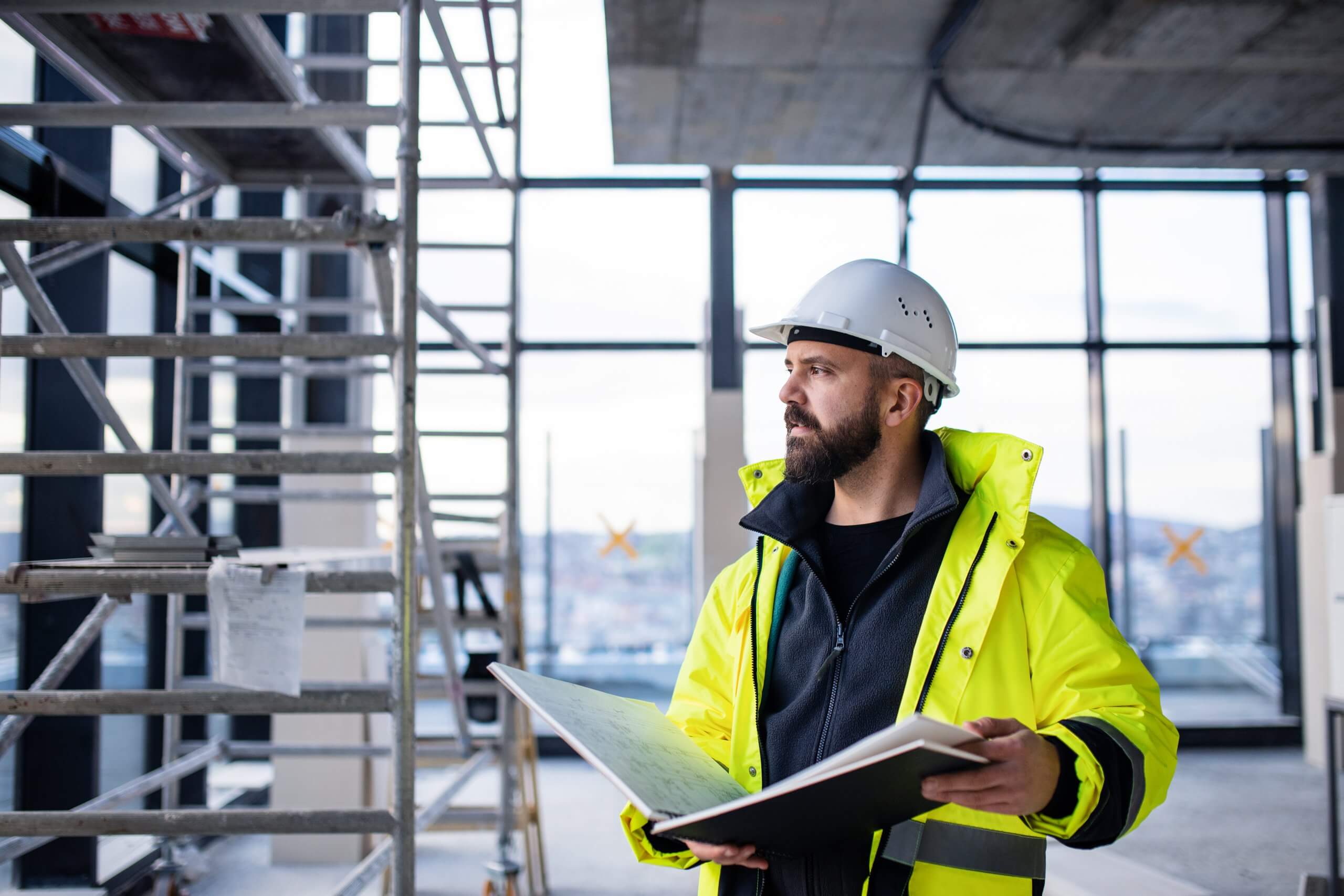
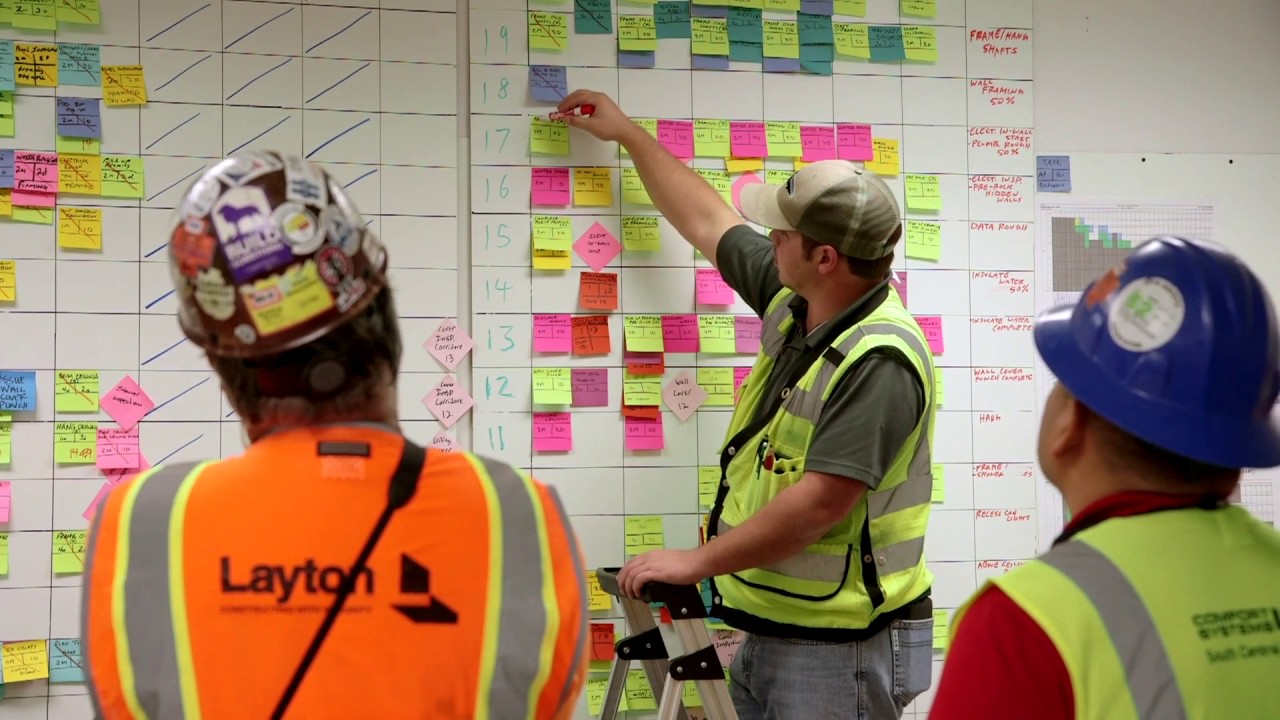
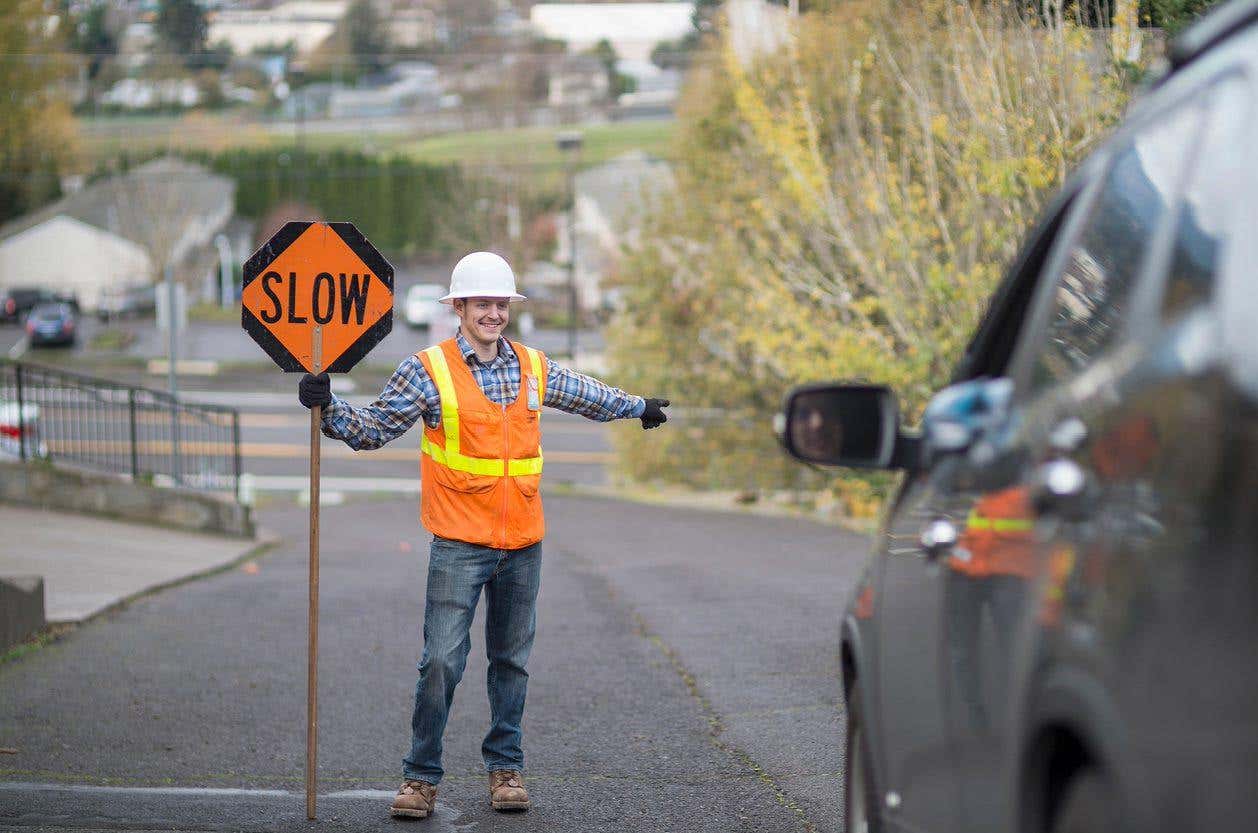

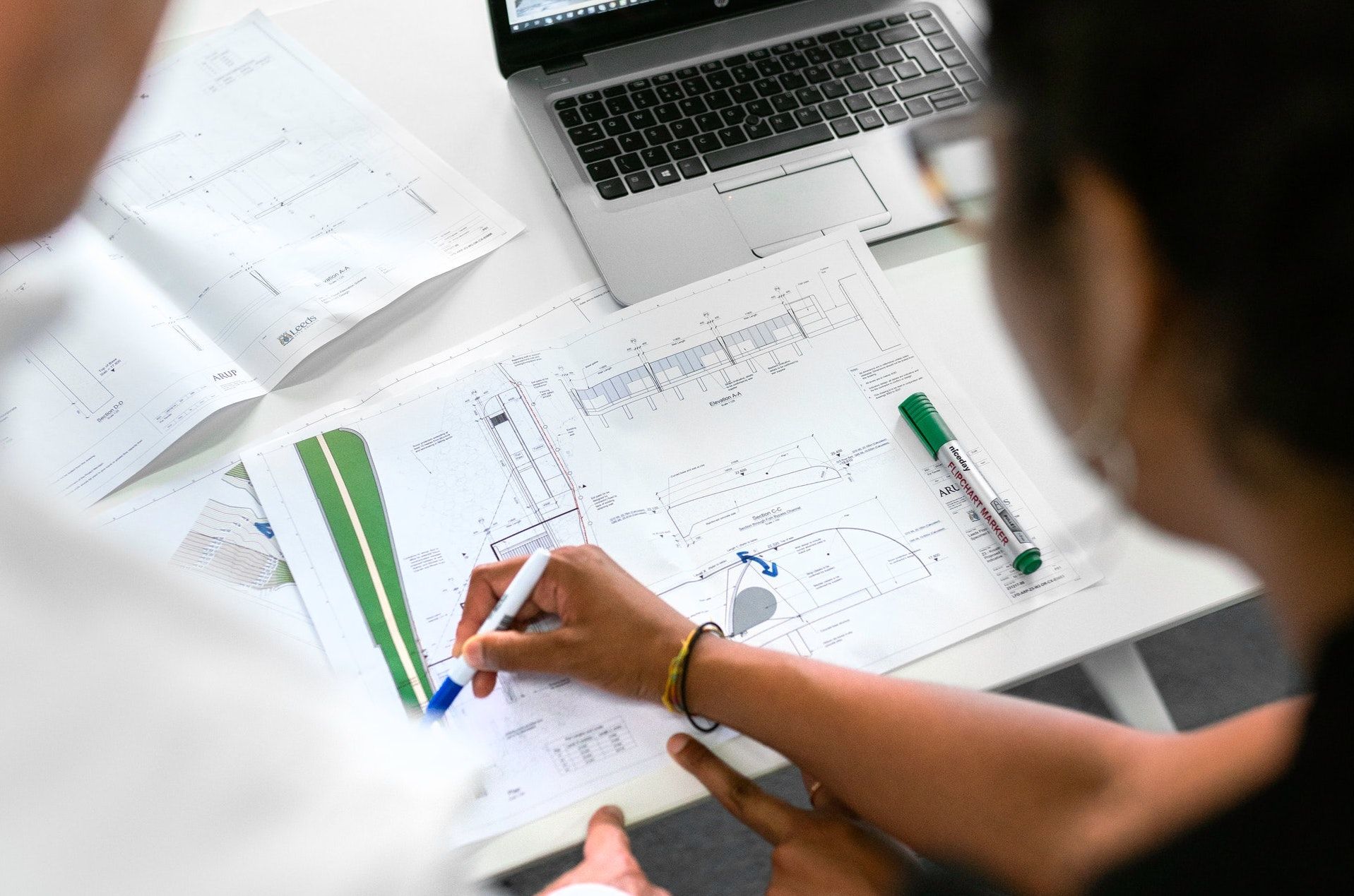

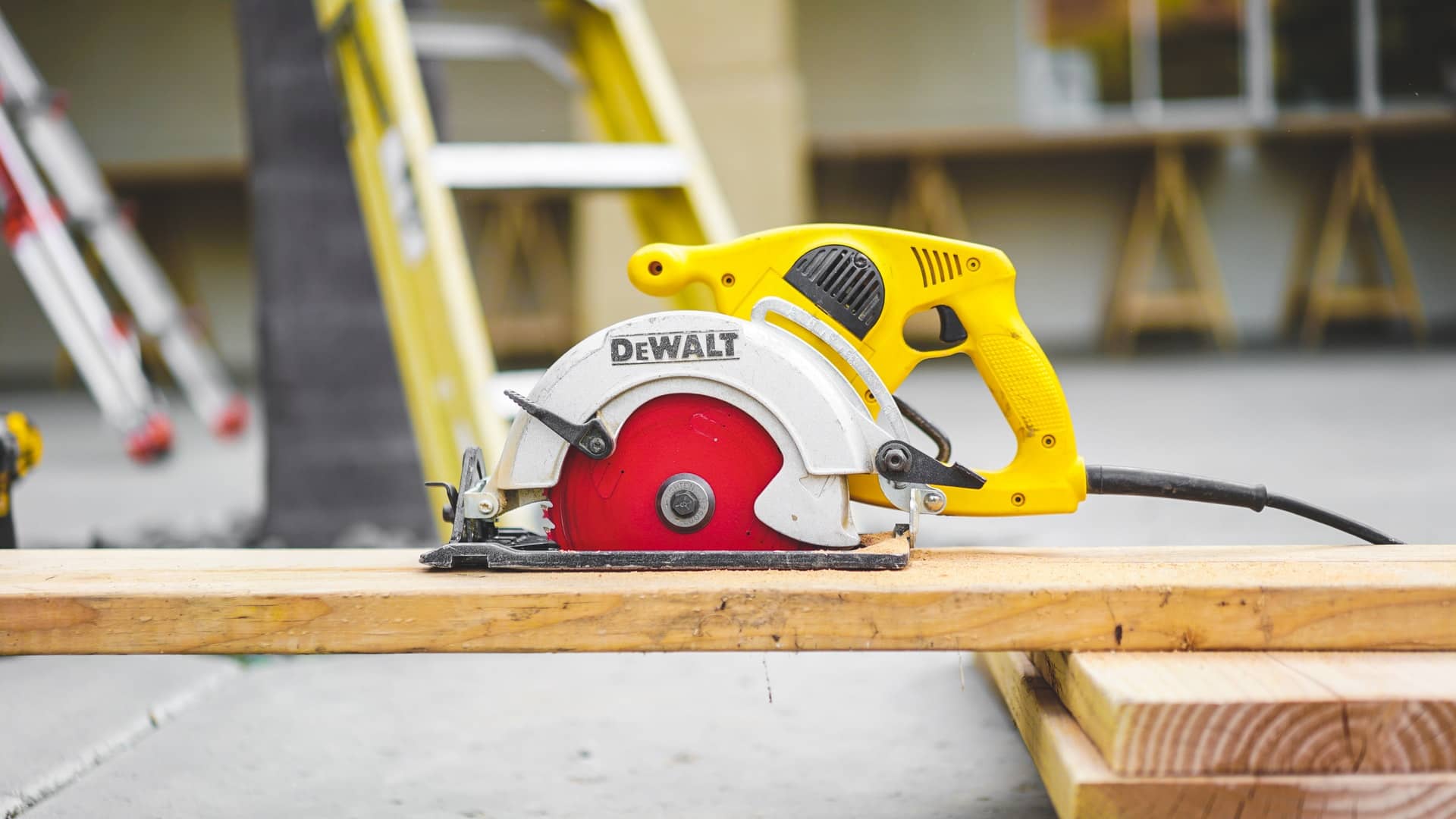
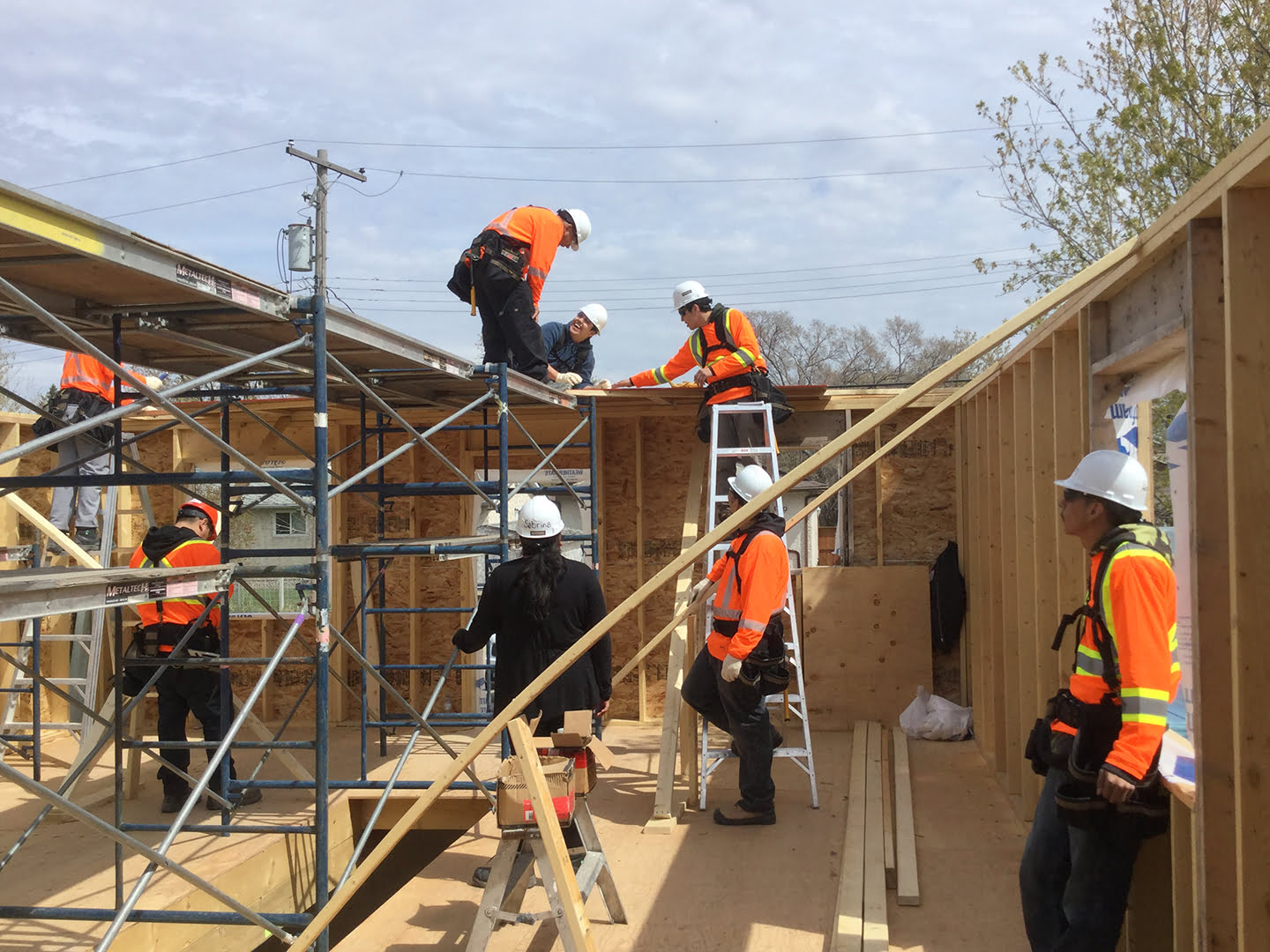
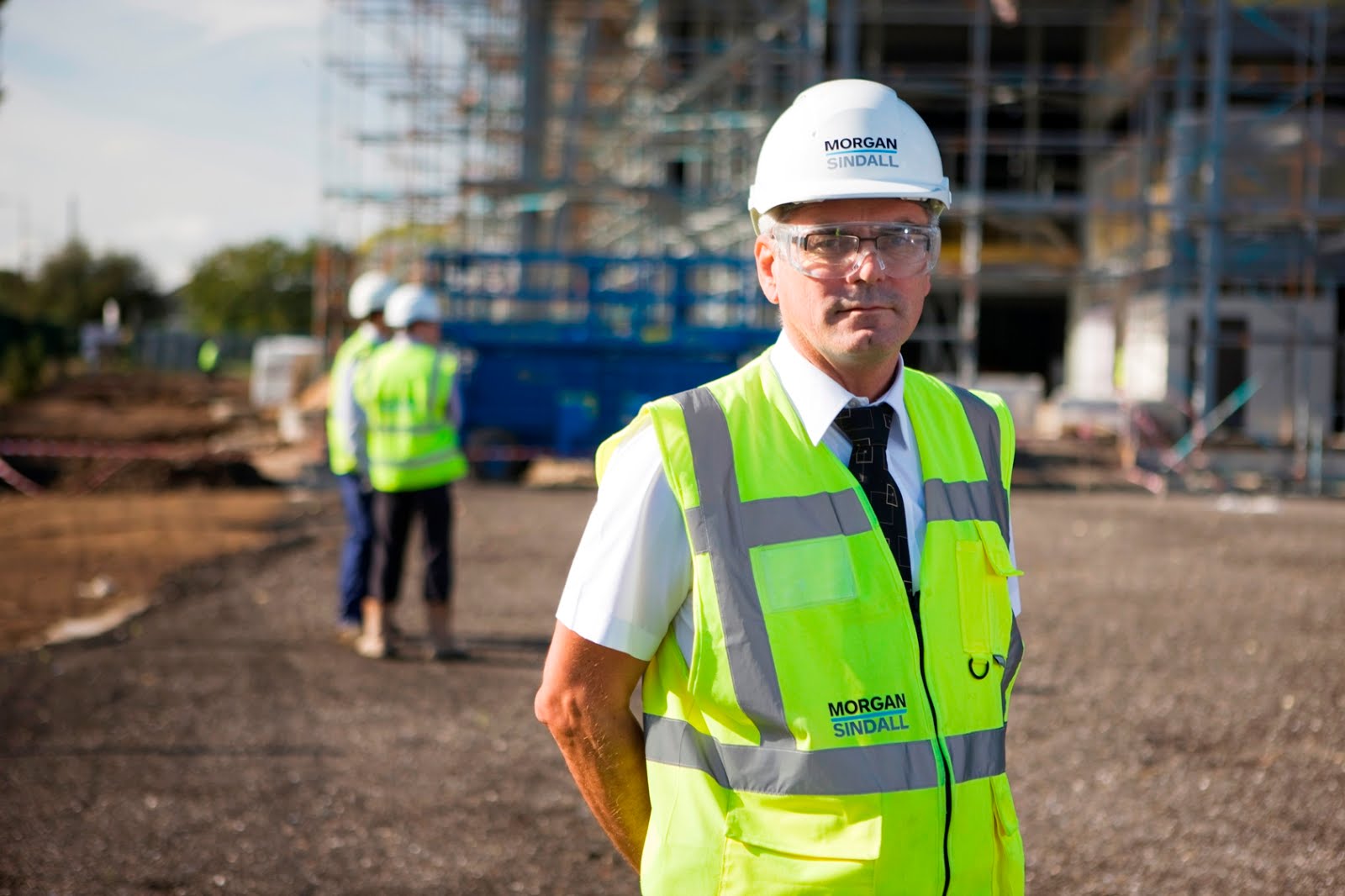
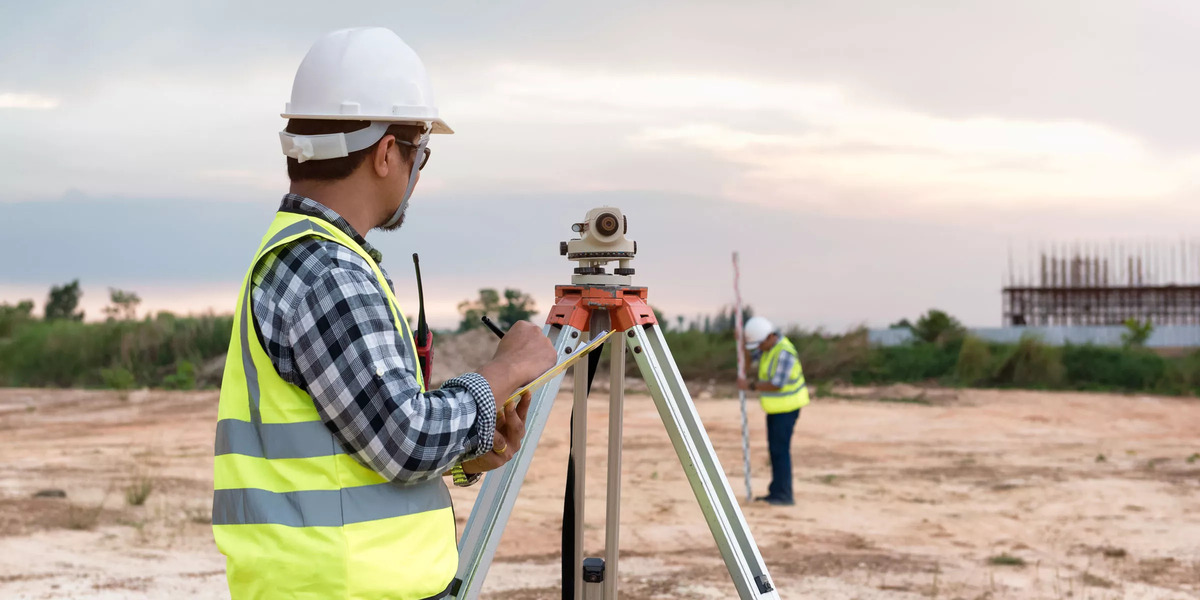
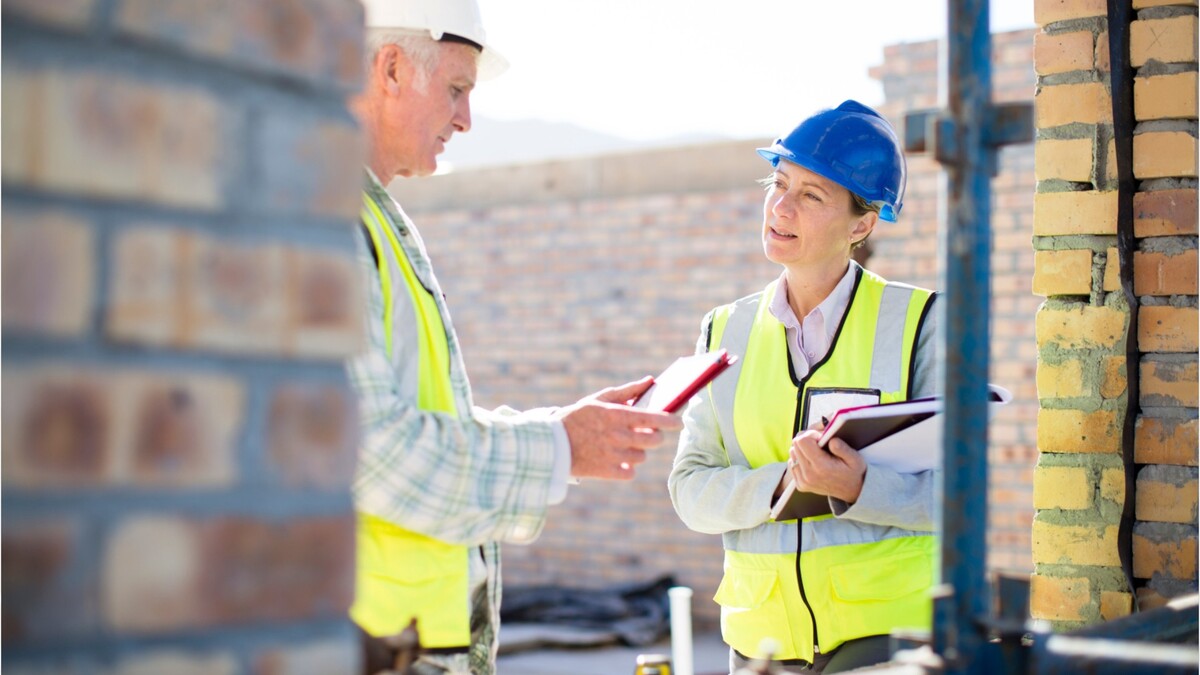


0 thoughts on “What Does A Construction Foreman Do”